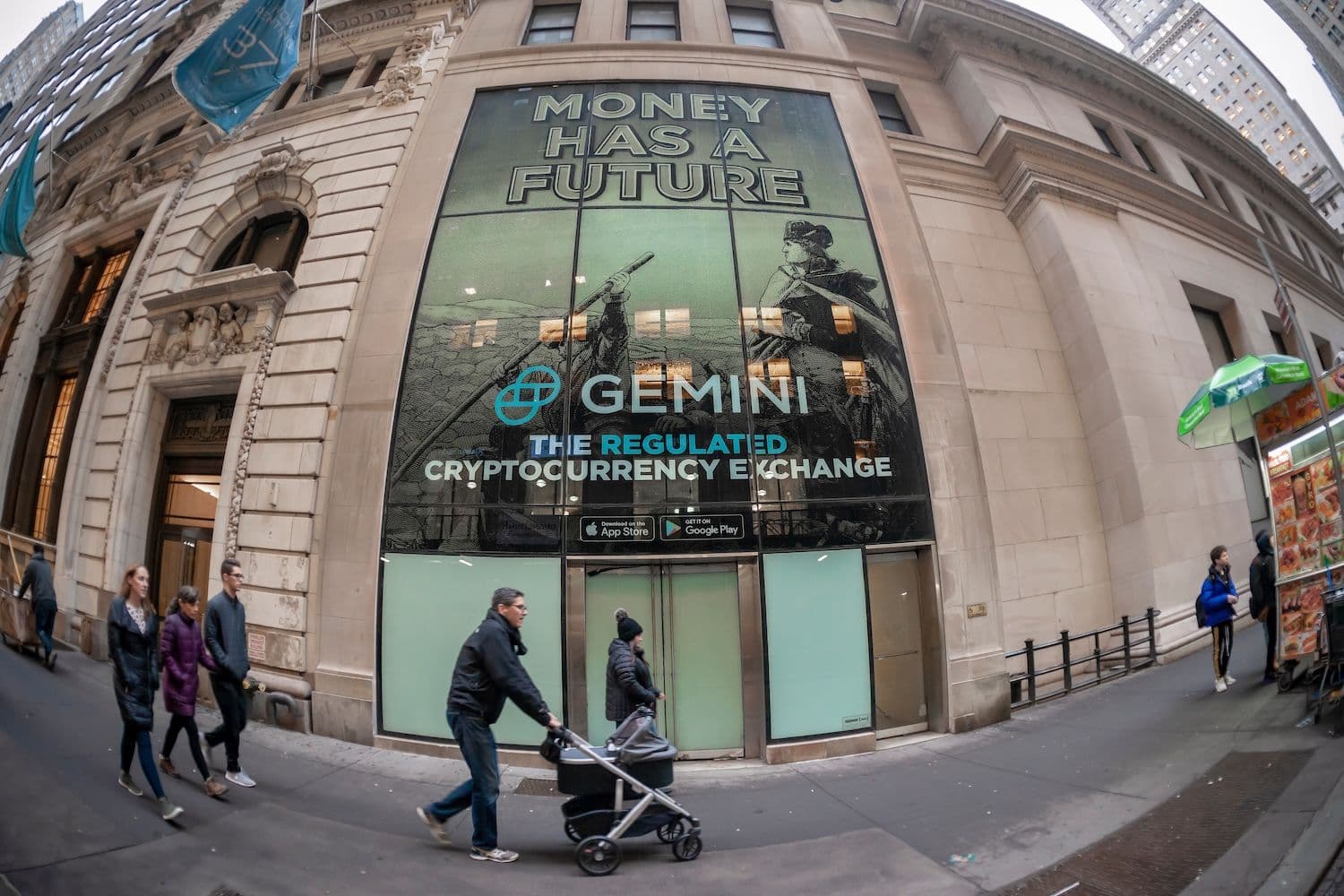Cryptocurrency exchange Gemini has had its onboarding process suspended by JPMorgan Chase after co-founder Tyler Winklevoss publicly criticized the bank's new fee structure targeting fintech companies. The suspension affects Gemini's ability to re-establish banking services with the nation's largest bank following previous account closures during heightened regulatory scrutiny of digital asset firms.
What to Know:
- JPMorgan Chase paused Gemini's re-onboarding after Tyler Winklevoss criticized new fees charged to fintech platforms for customer data access
- The bank processes nearly two billion monthly third-party data requests, claiming most are unrelated to actual customer activity
- Gemini previously lost JPMorgan banking services during "Operation Choke Point 2.0" and recently filed confidentially for an IPO
Banking Giant Defends Data Access Fees
The dispute centers on JPMorgan's decision to charge fintech platforms for accessing customer banking data. These platforms typically serve as intermediaries between traditional banking services and cryptocurrency companies, facilitating account connections for digital asset transactions.
Winklevoss took to social media platform X to denounce the policy following a Bloomberg report detailing the new fee structure. He characterized the charges as potentially devastating to fintech operations, warning they could "bankrupt fintechs" that enable users to link bank accounts with crypto services.
The Gemini co-founder described the policy as "egregious regulatory capture" that undermines innovation while harming consumers.
JPMorgan defended its position in statements to Forbes, though the bank did not address Gemini's situation directly. Bank representatives cited the massive volume of third-party data requests—nearly two billion monthly—as justification for the fees. Officials argued most requests are unrelated to genuine customer activity and that the charges aim to reduce system misuse while enhancing consumer protection measures.
Crypto Exchange Faces Renewed Banking Challenges
Following Winklevoss's public criticism, JPMorgan informed Gemini that it was suspending the exchange's re-onboarding process. This development represents a setback for Gemini, which previously lost access to JPMorgan's banking services during what industry participants termed "Operation Choke Point 2.0."
That earlier period saw multiple cryptocurrency firms lose banking relationships amid intensified regulatory pressure on financial institutions providing services to digital asset companies. The coordinated nature of these banking restrictions drew criticism from crypto advocates who argued the actions represented an unofficial government campaign to isolate the industry from traditional financial services.
Gemini's current banking challenges come at a particularly sensitive time for the company. The exchange filed confidentially for an initial public offering earlier this month, positioning itself for public market entry as it expands services to include tokenized stock offerings.
Industry Tensions Persist Amid Regulatory Uncertainty
Winklevoss pledged to continue challenging what he termed "anti-competitive, rent-seeking behavior" directed at fintech and cryptocurrency companies. His comments reflect broader frustrations within the digital asset industry regarding access to traditional banking services and data sharing arrangements.
The conflict illustrates persistent tensions between major U.S. banks and cryptocurrency platforms as regulatory oversight of fintech operations continues to intensify. Financial institutions face increasing scrutiny over their data sharing practices while navigating complex compliance requirements for serving digital asset companies.
These dynamics have created an environment where banks increasingly view cryptocurrency firms as high-risk clients, leading to service restrictions and additional fees that industry participants argue stifle innovation and competition.
Conclusion
The JPMorgan-Gemini dispute exemplifies the ongoing challenges cryptocurrency companies face in maintaining relationships with traditional financial institutions. As regulatory scrutiny intensifies and banks implement new fee structures, the conflict highlights the complex intersection of fintech innovation, consumer protection, and competitive banking practices.



